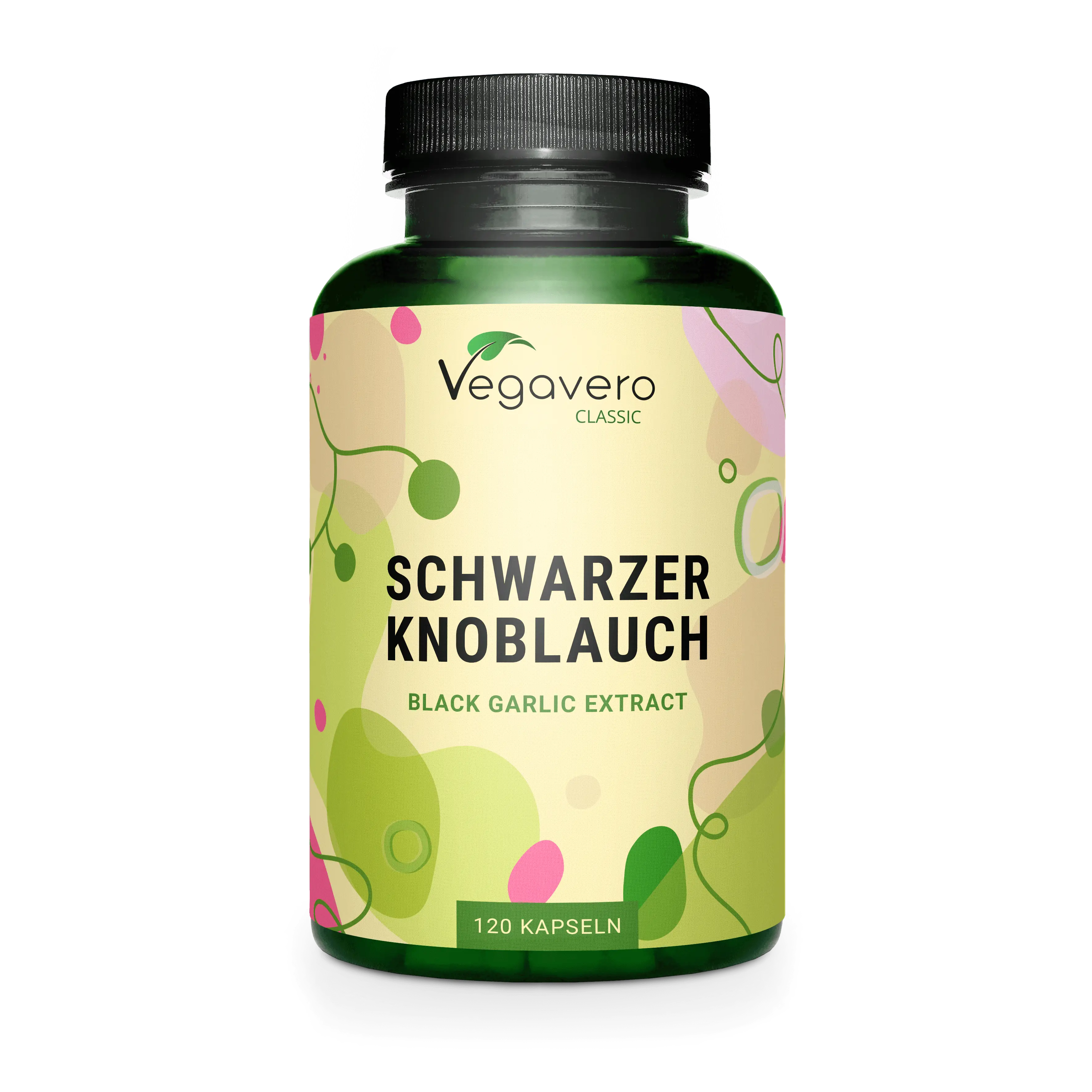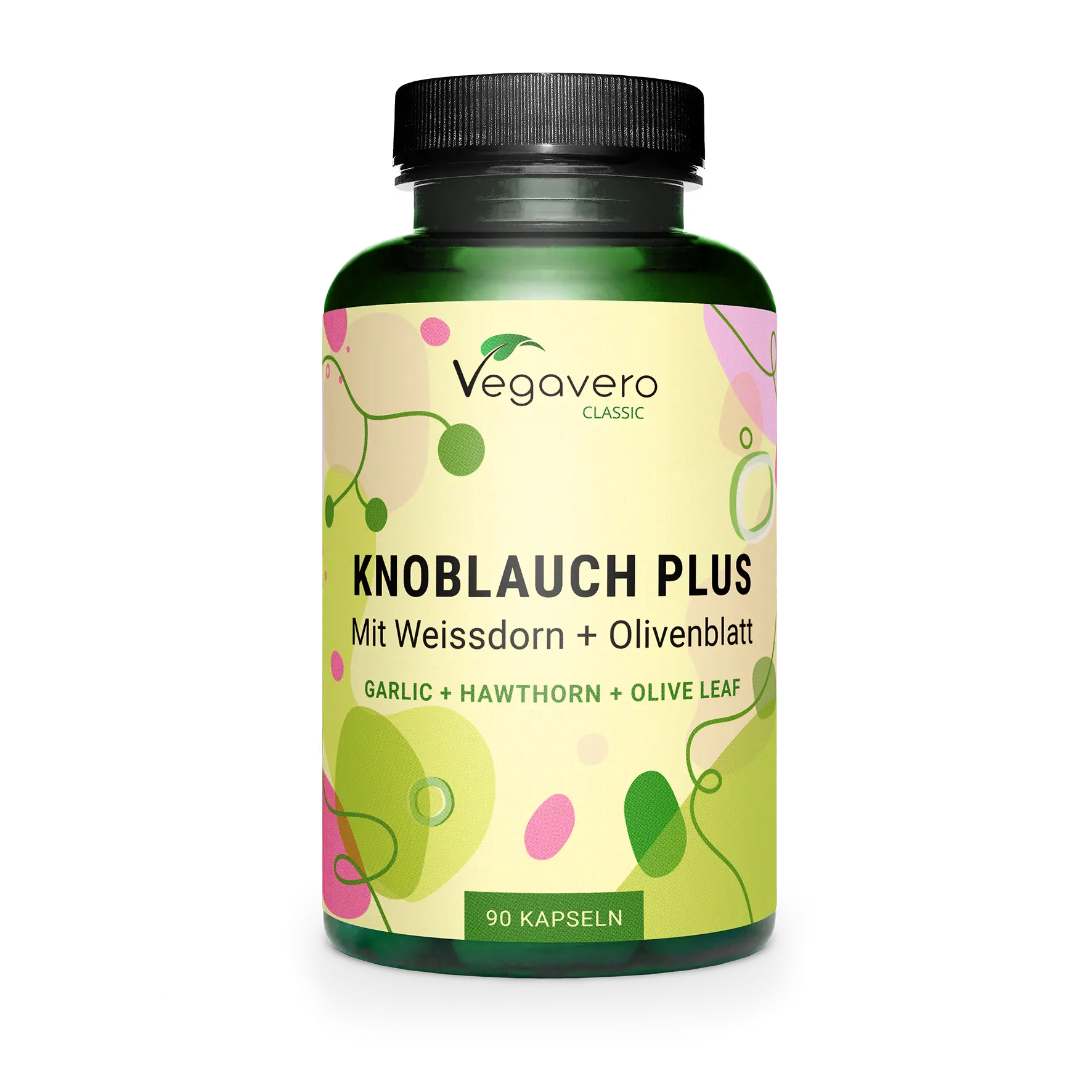Across Europe, 45% of all people die from cardiovascular diseases. [1] The reasons for this vary, but lifestyle often plays a major role. So, what can you do to protect your heart health? Here are a few tips.
Heart Friendly Exercise
The heart is the most important muscle in the body – and it can be exercised. You don't have to do a sweaty cardio workout every day. However, physical activity, along with a balanced diet, is the be-all and end-all of heart health. Regular exercise increases general fitness, improves blood flow, and reduces blood pressure, blood lipid levels and stress hormones. Your heart also becomes less sensitive to arrhythmias. Endurance sports such as hiking, walking, cycling, jogging, or swimming, but also dancing or playing football are highly recommended. If you have been avoiding sports up to now, you should start with daily walks, take the stairs instead of the lift and get your bike out more often. Then, gradually increase your endurance levels, depending on age and fitness level. As a rule of thumb, you should plan at least 30 minutes of exercise every day that slightly raises your heart rate. If you already have heart problems, you should seek medical advice on which type of exercise is suitable.
Follow a more Mediterranean Diet
Mediterranean cuisine is often characterised by large quantities of fruit and vegetables, a high proportion of wholemeal ingredients, and using herbs and spices instead of salt. Butter or lard is also replaced by olive or rapeseed oil, which contain valuable omega-3 fatty acids, which can be found in nuts and seeds. Red meat and processed meat products, such as sausage, contain a particularly high proportion of saturated fatty acids. These are associated with an increased risk of cardiovascular disease, as they increase the amount of "bad" LDL cholesterol in the blood [2].
Heart-healthy plant extracts and vitamins
Garlic extract
The special thing about garlic is the sulphur compounds it contains. These produce the typical garlic breath, but at the same time are extremely beneficial to health. Extracts from black garlic (i.e., fermented garlic) contain water-soluble ingredients – which can be more effective than those from fresh garlic, while at the same time the unpleasant odour disappears due to the ripening process. Garlic has antioxidant and cell-protective properties. In addition, black garlic lowers blood pressure and blood sugar, has anticoagulant, cholesterol-lowering, anticarcinogenic and anti-inflammatory effects [3].
Orange peel extract
The inner cellular layer of the blood and lymphatic vessels functioning properly is particularly important for heart health. The hesperidin-rich extract from orange peel has been shown to help activate endothelial production of nitric oxide. This leads to a widening of the blood vessels and thus to improved blood circulation. In addition, citrus fruits contain antioxidant plant substances [4].
Roselle Extract
Roselle is better known as Hibiscus. According to studies, extracts from the plant can have a vasodilatory and blood pressure-lowering effect [5].
Hawthorn Extract
The flowering shoot tips of the hawthorn are also known for their cardioprotective properties and, according to studies, seem to positively influence blood circulation and blood pressure [6].
Soybean Extract
In a meta-study, 46 individual studies found that soy can lower total cholesterol levels - including the dangerous LDL cholesterol [7].
Coenzyme Q10
The fat-soluble coenzyme Q10 is found in all body cells and is particularly highly concentrated in the heart. Due to its antioxidant properties, it can help neutralise oxygen radicals that can damage components of the heart cells. It also plays an important role in cellular signalling within the heart muscle and in energy production. Low levels of Q10 in the blood appear to be associated with a high risk of heart failure [8].
Vitamin B6
Vitamin B6 is a water-soluble vitamin that is involved in many functions in the body, including the formation of red blood pigment.
Vitamin B1
Vitamin B1 contributes to normal heart function. A deficiency of vitamin B1 can seriously damage the heart and develop into heart failure. What has long been considered a problem in countries of the global South can also apply to us. People with specific metabolic diseases are particularly at risk.
Have regular check-ups
Prevention is better than cure! If you have regular check-ups, you can detect illnesses in good time and take targeted action against certain deteriorations. If you already have a disease, such as diabetes, chronic high blood pressure or obesity, regular check-ups should already be standard. Some devices, such as those for measuring blood pressure, are also available for home use, so that a daily visit to the doctor is not necessary. Regular blood tests can not only check your nutrient balance, but also the cholesterol in your blood. What should also be subject to constant control is abdominal fat, as this is particularly harmful to the heart. Men should have a maximum abdominal circumference of 102 cm, women a maximum of 88 cm.



Quercetin - A Versatile Plant Pigment
Breastfeeding Good for Mother and Child